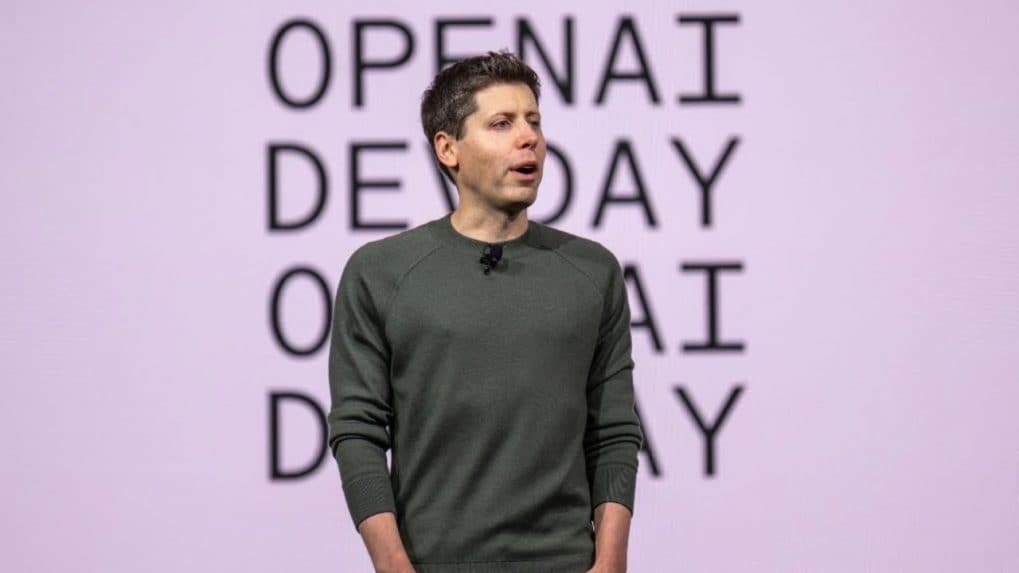Sam Altman rules out government bailout for OpenAI amid financing debate
OpenAI CEO Sam Altman has said he does not want the U.S. government to bail out OpenAI if it fails.
ADVERTISEMENT
OpenAI CEO Sam Altman has said he does not want the U.S. government to bail out OpenAI if it fails, following controversy over remarks made by the company’s chief financial officer Sarah Friar about potential government-backed loans. The clarification came amid growing scrutiny of how OpenAI plans to fund its $1.4 trillion in data centre build-outs and infrastructure commitments this year, given its annual revenue run rate of around $20 billion.
Friar, speaking at a Wall Street Journal event earlier in the week, had suggested that she would like the U.S. government to “backstop” OpenAI’s infrastructure loans to make financing cheaper and ensure access to cutting-edge chips. She explained that a federal guarantee could reduce borrowing costs and raise the loan-to-value ratio, allowing the company to take on more debt against its equity. Friar also implied that such discussions were already in motion, saying that the U.S. government viewed AI as a national strategic asset.
Her remarks, which quickly spread online, drew widespread criticism from commentators who questioned why taxpayers should underwrite private tech ventures. Shortly after, Friar walked back her statement on LinkedIn, clarifying that OpenAI was not seeking any government backstop for its commitments and that her choice of words had “muddied the point.”
David Sacks, Trump’s newly appointed AI czar and a prominent Silicon Valley venture capitalist, responded on X stating that there would be no federal bailout for AI firms. He added that the U.S. had multiple leading AI companies, and if one failed, others would take its place. Sacks emphasised that the government’s role was to ease permitting and power generation, not to provide financial safety nets.
In a subsequent post on X, Altman aligned with Sacks’ stance, asserting that OpenAI neither has nor wants government guarantees for its data centres. He stated that governments should not pick winners or losers and that taxpayers should not be expected to rescue companies that make poor business decisions or fail in the marketplace.
Altman clarified that discussions about loan guarantees have taken place only in the context of semiconductor manufacturing within the United States. He said OpenAI and other companies had responded to government calls to support the domestic chip industry and would be willing to assist with such efforts, although OpenAI had not formally applied for any guarantees.
The episode underscores the growing tension between the immense capital demands of AI development and the political sensitivity surrounding public support for private technology firms.


